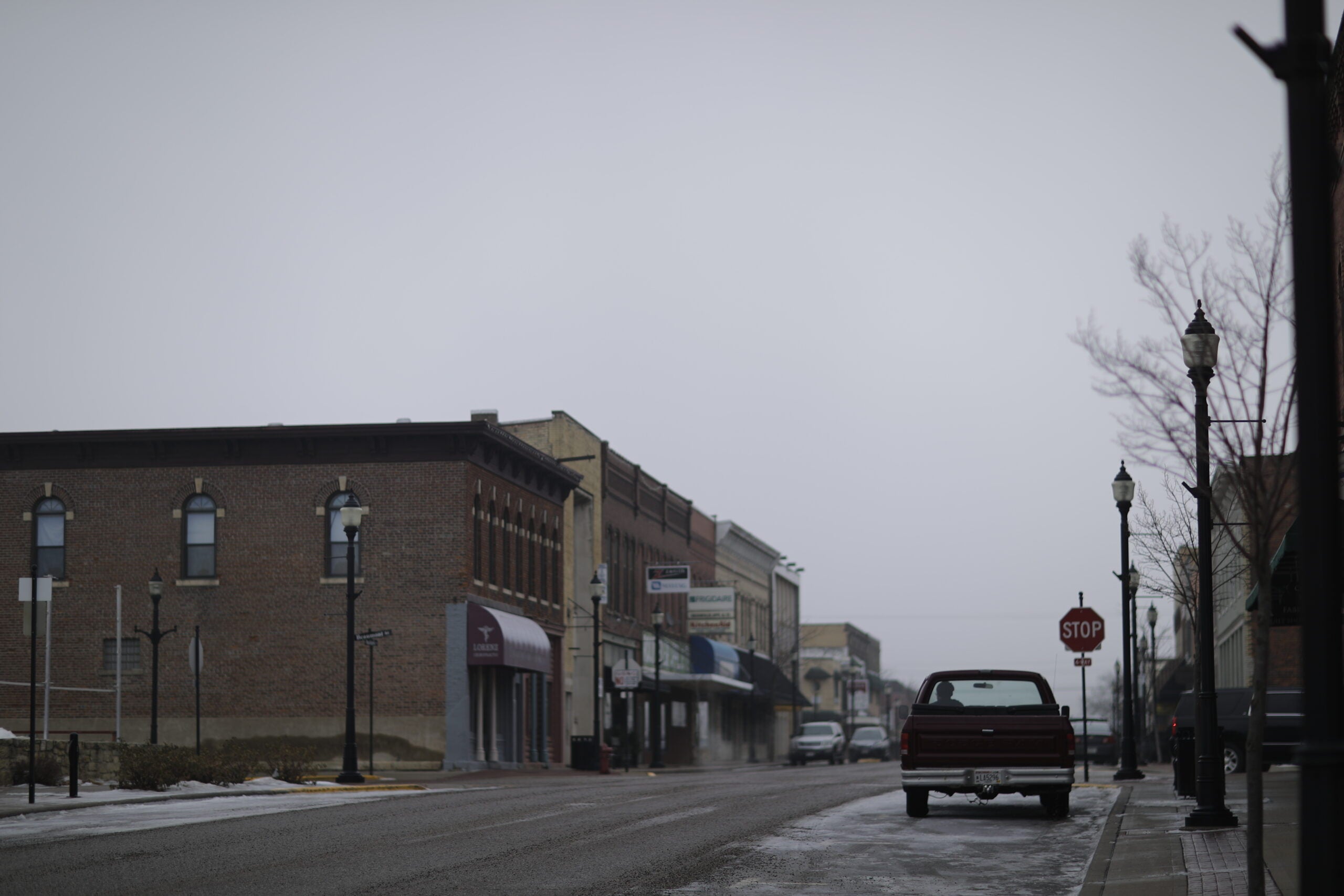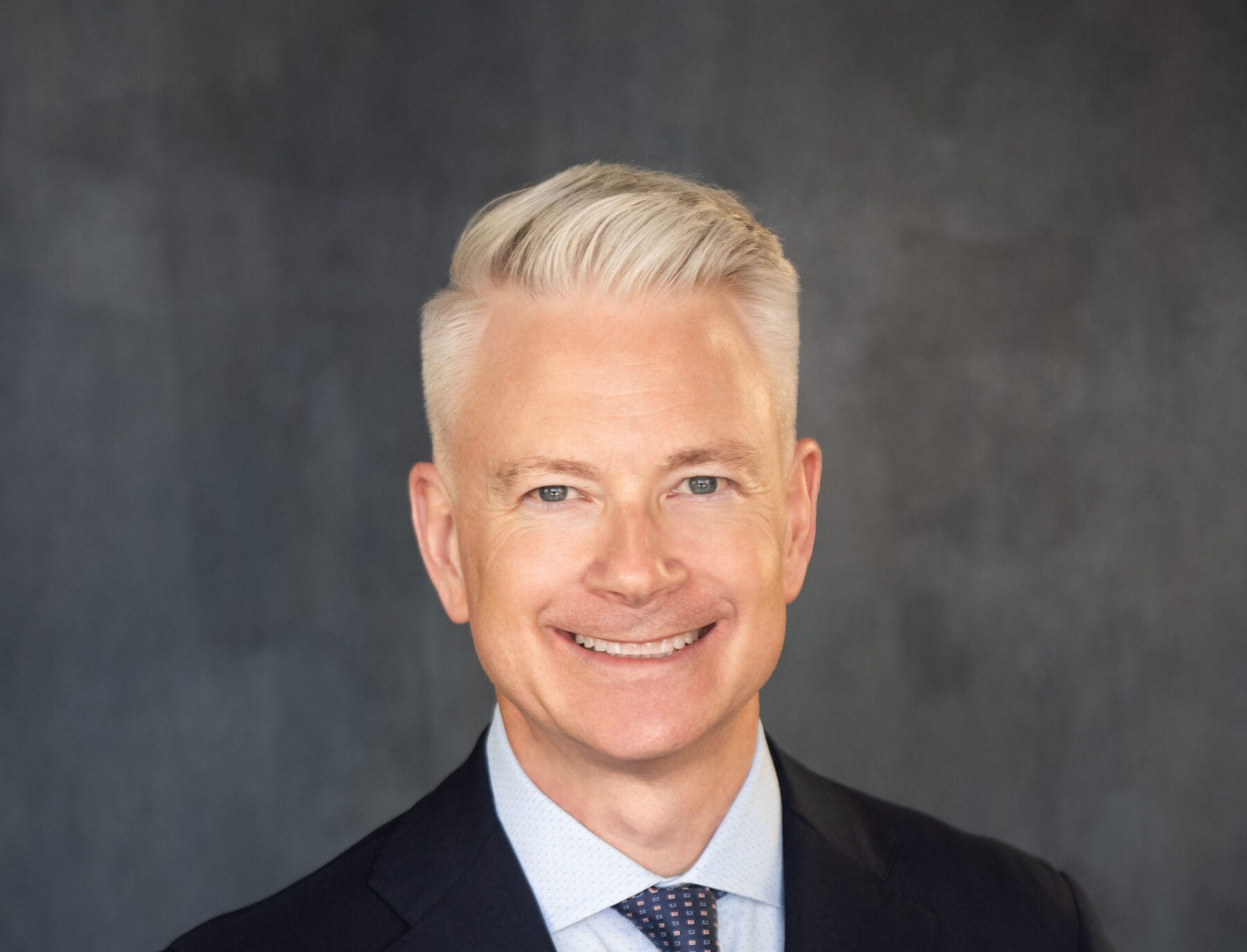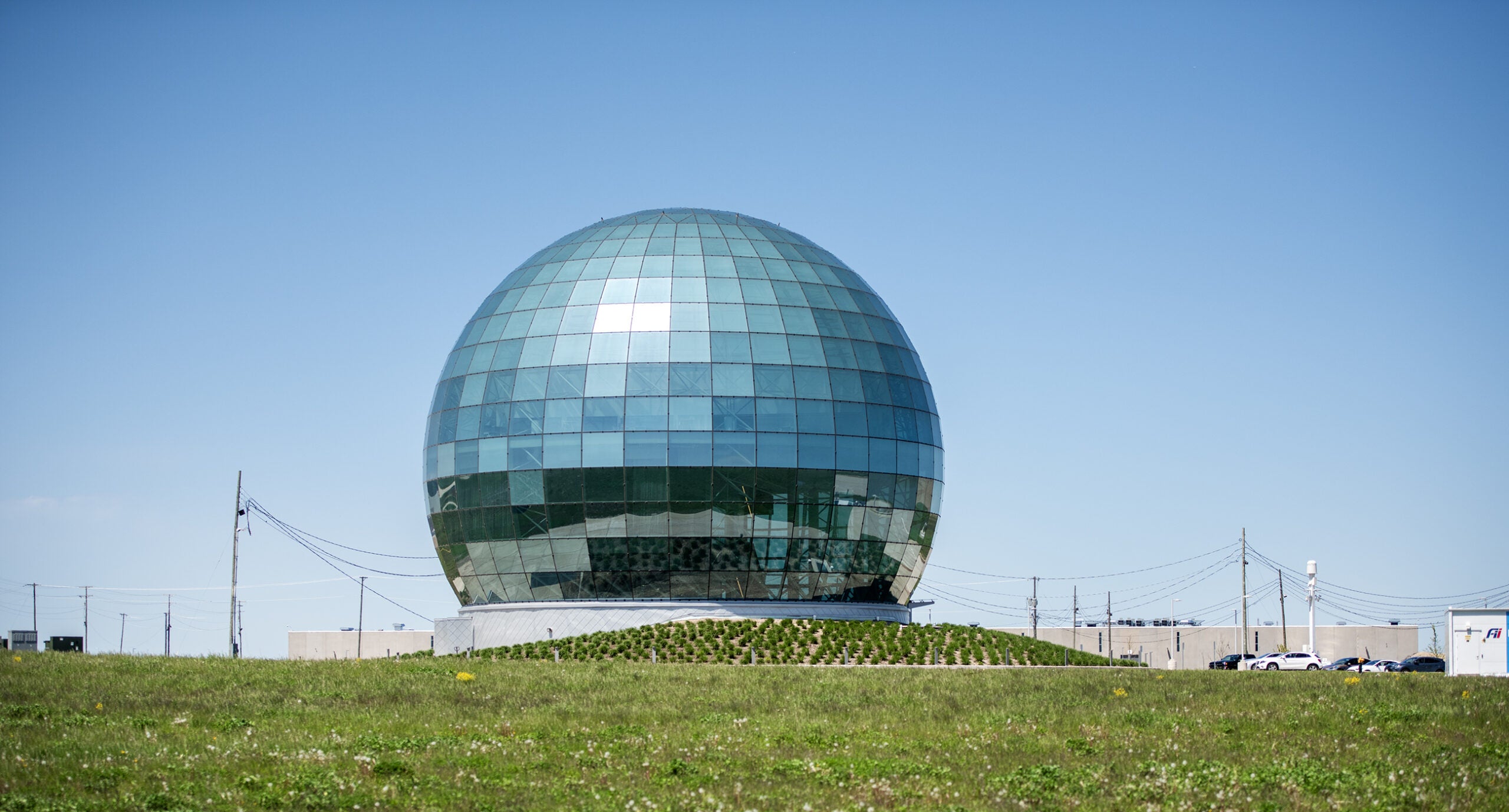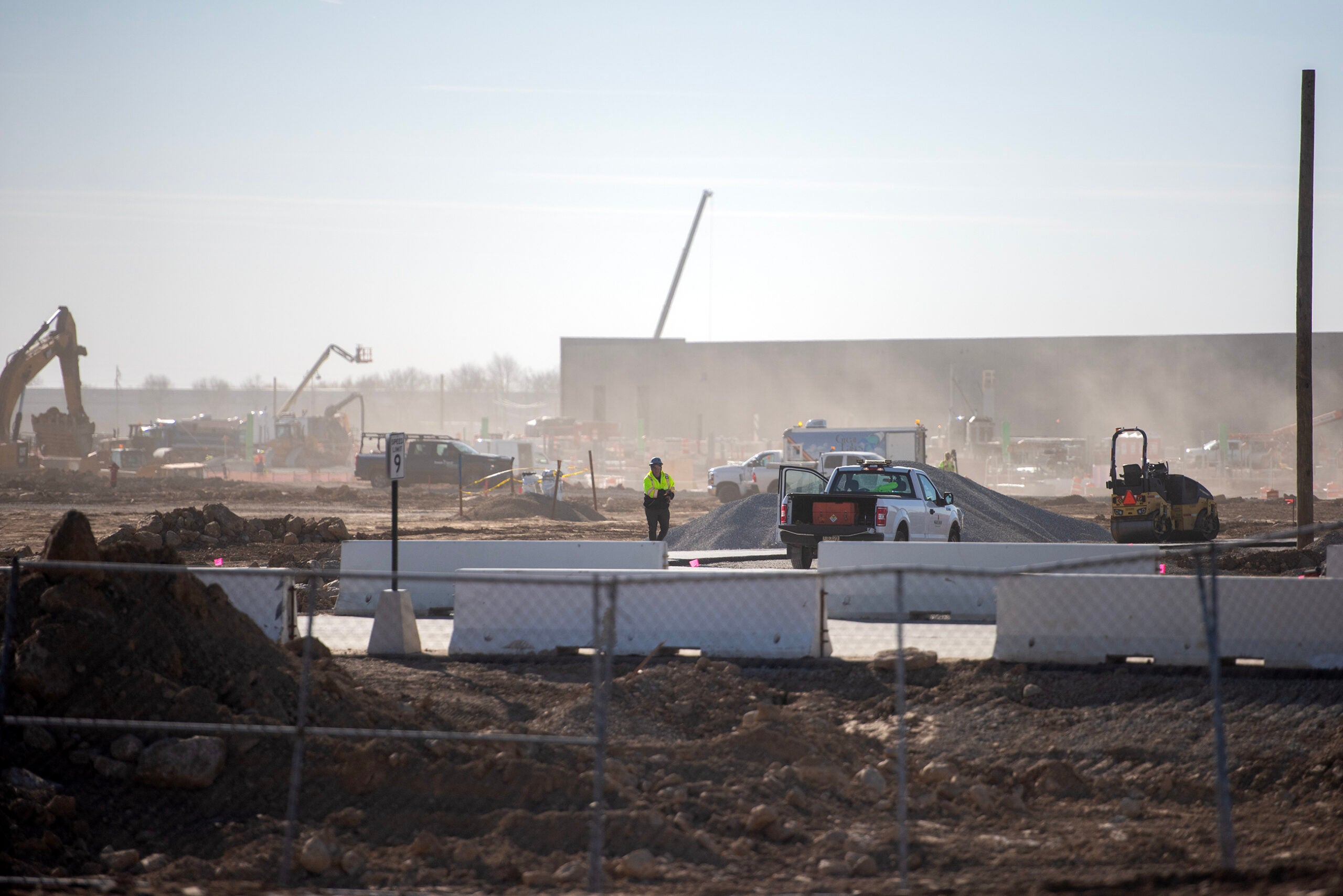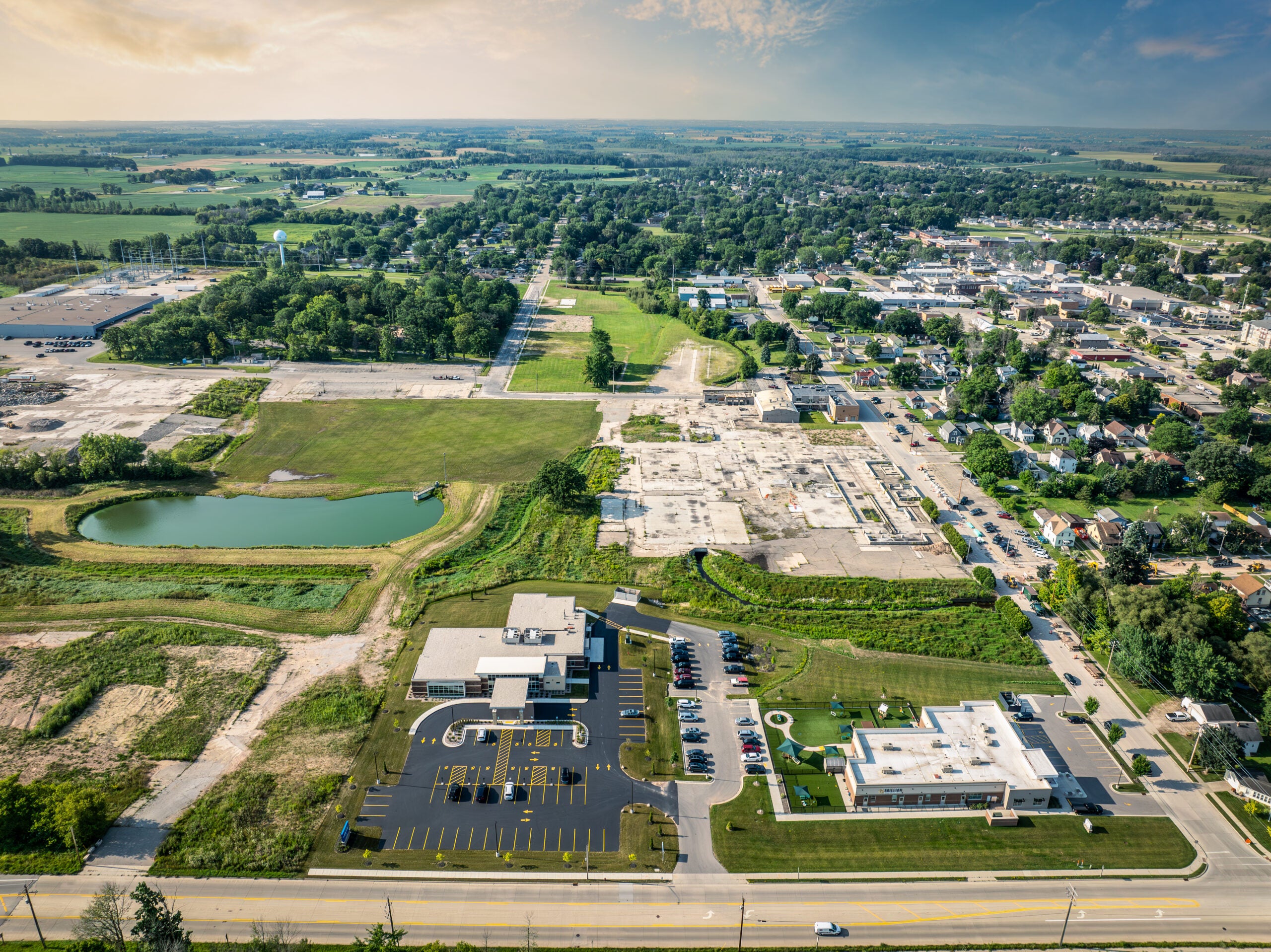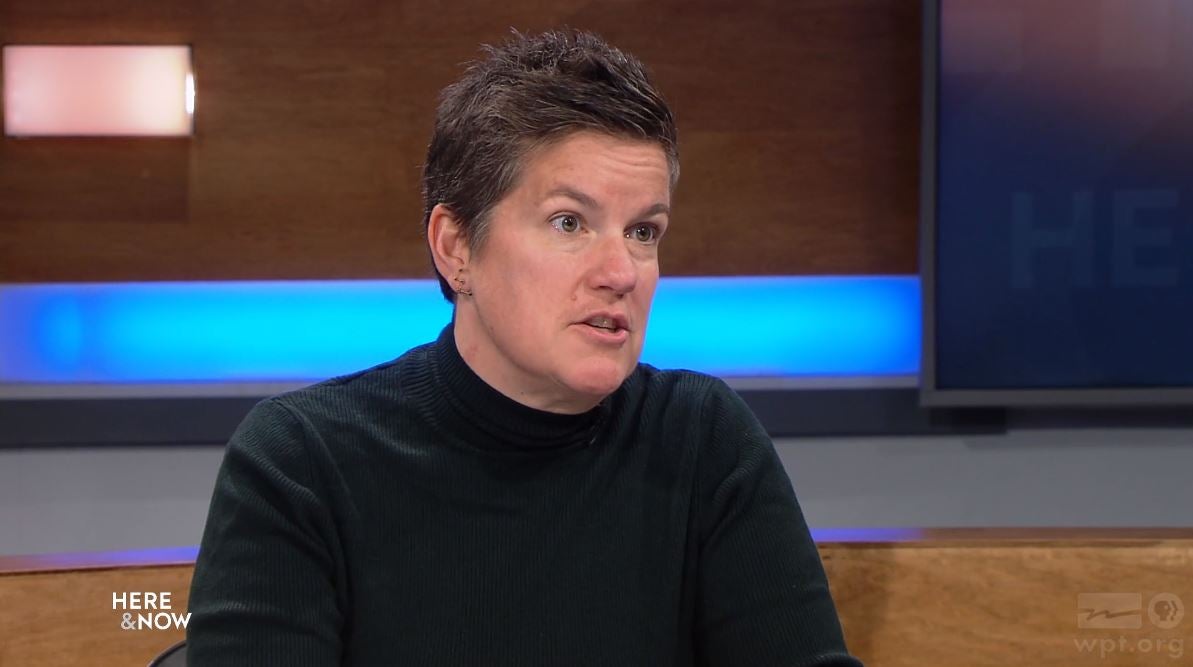A new state program will give 10 rural communities across Wisconsin access funding and resources to help meet their economic development goals.
The Wisconsin Economic Development Corp. this week announced that the communities participating in the Thrive Rural program will have access to up to $25,000 in grants, as well as two years of technical assistance in planning and grant writing.
Missy Hughes, secretary and CEO of WEDC, said the program aims to help level the playing field for rural communities seeking state and federal grants. She said small communities often face disadvantages competing for grants due to lack of staffing at the local government level.
News with a little more humanity
WPR’s “Wisconsin Today” newsletter keeps you connected to the state you love without feeling overwhelmed. No paywall. No agenda. No corporate filter.
“The technical assistance that’s going to be provided through these grants is the critically important component,” Hughes said. “$25,000 is great, but having access to the economic development professionals that have a view of how these things get done in the most efficient and smooth way is really going to be the value that these grants offer.”
WEDC’s Office of Rural Prosperity will partner with local economic development organizations to work with communities on projects related to small business development, housing, community development and sustainable energy.
The local organizations participating in the program include:
- Vilas County Economic Development Corp.
- Marinette County and InVenture North
- Shawano County Economic Progress
- Sawyer County/Lac Courte Oreilles Economic Development Corporation
- Kewaunee County Economic Development Corp.
- Bayfield County Housing Authority
- The Red Cliff Band of Lake Superior Chippewa
- Driftless Development Inc.
- Wood County
- Vernon County Energy District.
Those 10 participants were selected out of about 30 applicants. Each applicant had to detail a specific project or goal they wanted to accomplish, Hughes said.
“We were able to select 10 communities where we know that the communities are committed to working with us, and that they’re putting some resources forward to help with this learning process,” she said. “(WEDC wanted to ensure) we would be able to help them with projects that have enough structure around them to be able to really bring them to fruition.”
2 communities detail projects
In Vilas County, the economic development organization is working with the town of Phelps to turn a former hospital site into a “gateway to the community” aimed at spurring additional development.
Jim Tuckwell, board chair for the Vilas County Economic Development Corp., said plans for the former hospital site are still very preliminary.
“One of the goals of our working together with the town of Phelps, and now with the help of the WEDC, will be to identify what redevelopment projects or project would have the best positive impact on the community,” Tuckwell said. “We’re looking for something that would be the ideal commercial development opportunity, which could bolster the economy, the tax base (and) provide additional incentives for people to visit.”
He said additional help from the state in planning is going to provide a boost to the redevelopment because local organizations are constrained in terms of resources
“This is just critically important given the bandwidth constraints that we always operate under,” Tuckwell said.
Meanwhile, the Red Cliff Band of Lake Superior Chippewa is working to redevelop a former casino site and create a mixed-use village with retail, commercial and residential development.
Rob Czypinski, economic development planner for Red Cliff Band of Lake Superior Chippewa, said technical assistance is needed in tribal communities that have limited resources.
“We looked at the Thrive Rural program as an opportunity to extend our bandwidth and to tap into some additional resources with the assistance of WEDC and the Office of Rural prosperity, and enable us to potentially attain professional resources that we wouldn’t be able to otherwise,” he said.
Czypinski said the tribe has completed a feasibility study for redeveloping the former casino site into a commercial zone.
He said the tribe plans to build a convenience store as the initial foothold for the development, with ideas for future phases that include a visitor center and residential buildings.
“We’re really encouraged about the opportunities that we have in front of us,” Czypinski said.
Wisconsin Public Radio, © Copyright 2025, Board of Regents of the University of Wisconsin System and Wisconsin Educational Communications Board.

